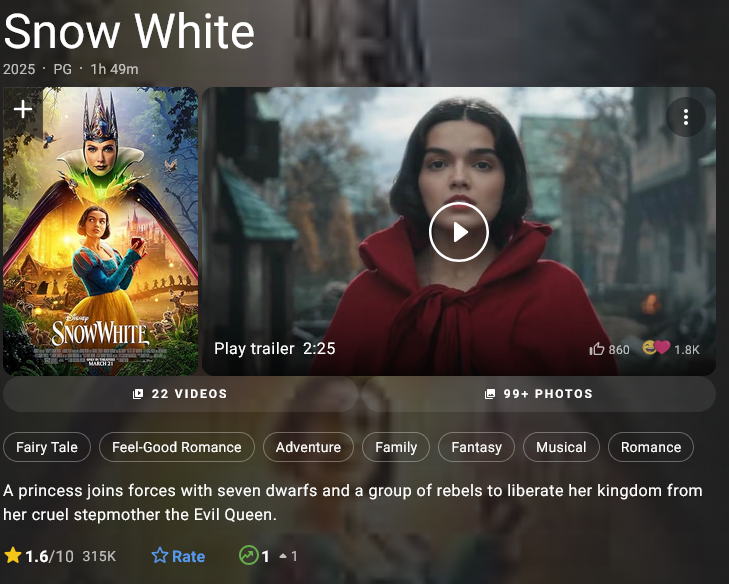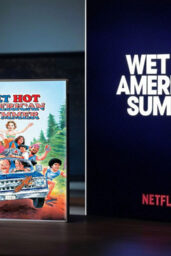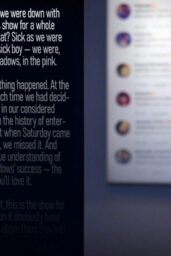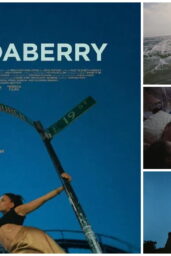You'll either love this or hate it. Here's why:
I didn't expect to open IMDb and find Snow White—yes, Snow White—sitting shoulder-to-shoulder with cinematic disasters like Birdemic: Shock and Terror and Baby Geniuses 2. But here we are, staring into the poisoned mirror of online film culture in 2025. And guess what? It's cracked.
The new Disney live-action adaptation of Snow White hasn't just been poorly received—it's been eviscerated. As of now, it's racked up over 312,000 reviews, with 91% being 1-star. Suspicious? Absolutely. It's so skewed IMDb slapped it with a rare “unusual voting activity” disclaimer. And that raises a burning question:
Are we watching movies—or weaponizing our opinions of them?
Here's the uncomfortable truth: Ratings aren't real anymore.
They're curated battlefields, and Snow White just became ground zero.
IMDb, once the go-to compass for curious film fans, is buckling under the pressure of review bombing—when online mobs flood a film with negative reviews to tank its reputation. Whether it's political controversy, casting backlash, or even plain old trolling, the goal isn't critique. It's sabotage.
This isn't just a bad look for Disney. It's a warning sign for every creator working in the age of crowd-sourced ratings.
Let's zoom out: Where did all this venom come from?
Start with the basics—this new Snow White was never going to be a walk in the enchanted forest. From the moment the lead actress gave interviews suggesting the original 1937 film was “not very progressive,” things began to snowball. Traditionalists cried “woke remake.” Progressives saw shallow feminism. Critics were bored. And trolls? They brought matches to burn it all down.
But hold up—was the movie actually that bad?
That's the real kicker. Maybe it wasn't great. Maybe it was even mediocre. But did it deserve to be IMDb's punching bag of the decade? With more reviews than Inside Out 2, the highest-grossing film of the past year?
Let's be real—this wasn't organic. This was coordinated.
This isn't a film problem. It's a platform problem.
IMDb, Rotten Tomatoes, Metacritic—these aren't review sites anymore. They're high-stakes stages for public outrage.
Look at the numbers: IMDb rarely steps in to slap a warning label on its ratings. But Snow White? It got one within three weeks. Even Morbius, the internet's favorite meme-fodder, didn't get that kind of immediate caution tape.
Why? Because Snow White became a proxy war.
Some people genuinely hated it. Sure. But when 91% of ratings are 1-star? That's not criticism—that's protest dressed as popcorn feedback.
Imagine if Cinderella wore combat boots. That's what this feels like.
The fairytale wasn't just updated. It was weaponized. Modern remakes often court controversy, whether it's casting changes, gender swaps, or plot modernizations. And while those are valid points of conversation, they're now being drowned out by digital mobs who confuse nostalgia with quality.
Let's not pretend this is new. The Last Jedi, Captain Marvel, She-Hulk—they all faced similar firestorms. But here's the plot twist: none of those films were objectively terrible. Divisive? Sure. Worthy of discourse? Always.
But this is different. Snow White is now one of the lowest-rated movies ever on IMDb. That's not honesty. That's a glitch in the matrix.
So… what happens next?
Will IMDb change its algorithm? Probably not. Will Disney care? Maybe. But here's what matters:
The way we treat art is becoming indistinguishable from the way we treat politics. Polarized. Petty. Performative.
We've turned ratings into revenge.
And here's the scariest part—this might just be the beginning. As AI-generated content rises and IP fatigue sets in, audiences will keep looking for control. If they can't vote with their wallets, they'll vote with their stars.
Or lack thereof.
Would you risk releasing your art into this climate?
Think about it. You spend years crafting a story. You pour millions into production. You release it into the wild. And before the first ticket stub is printed, the audience has already decided—because of a headline, a tweet, or a misunderstood quote.
That's not feedback. That's digital assassination.
So, what's the solution?
Maybe it's time we de-emphasize public ratings. Maybe we should treat review sites more like social media and less like scripture. Or maybe—just maybe—we stop pretending that everyone is qualified to critique everything.
Because here's the kicker:
The real villain in this version of Snow White isn't the Evil Queen. It's us.
We've got mirrors everywhere now—social media, rating sites, YouTube thumbnails screaming “WOKE DISASTER.” And we're all too eager to smash them when we don't like the reflection.
So next time you log onto IMDb, scroll past the stars. Read the reviews. Filter the noise. Because somewhere in the rubble of 312,000 angry clicks, there might just be a story worth hearing.
FAQs
What is review bombing?
Review bombing is when large groups of users intentionally flood a product—like a movie or game—with negative reviews to skew its overall score, usually for ideological or cultural reasons rather than merit.
Did IMDb confirm Snow White was review bombed?
Yes. IMDb issued a rare warning label on Snow White for “unusual voting activity,” signaling that the site detected manipulative or suspicious user behavior.
Why are people upset about the new Snow White?
Some viewers objected to modernizations in the plot and characterizations, while others felt it departed too much from the classic 1937 version. Much of the outrage was fueled by online discourse and media coverage.
Is the new Snow White really that bad?
While subjective, the level of criticism likely doesn't align with the actual film quality. Many critics and viewers agree that the extreme backlash may be exaggerated due to cultural tensions.
Has review bombing happened before?
Absolutely. It's happened with The Last Jedi, Captain Marvel, The Rings of Power, and even She-Hulk. It's a growing trend in online fan culture.
Can IMDb fix this issue?
IMDb can flag suspicious activity, but fundamentally, it's a platform built on user input. Without structural changes or moderation, review bombing may continue to influence public perception.













I don’t think it’s a platform issue either, this whole article feels more like trying to shift the blame from the real causes this seems to be the real problem not how we review films but the people who try to defend bad films by shifting the blame to anything but the root cause simply.becouse they can face the truth. If you make a bad film hire cast that ruin the pr and try to pander to an ideology that everyone but a select few dislike the film will fail. Nothing to do with how we rate it. This makes me wonder if it’s your honest opinion or your being paid to defend the film.